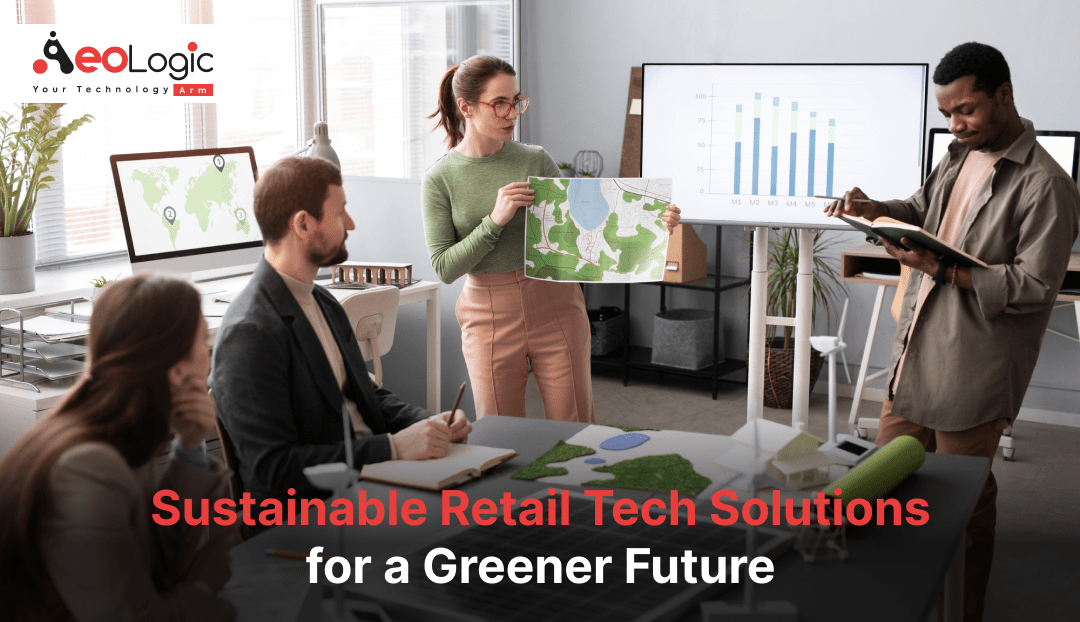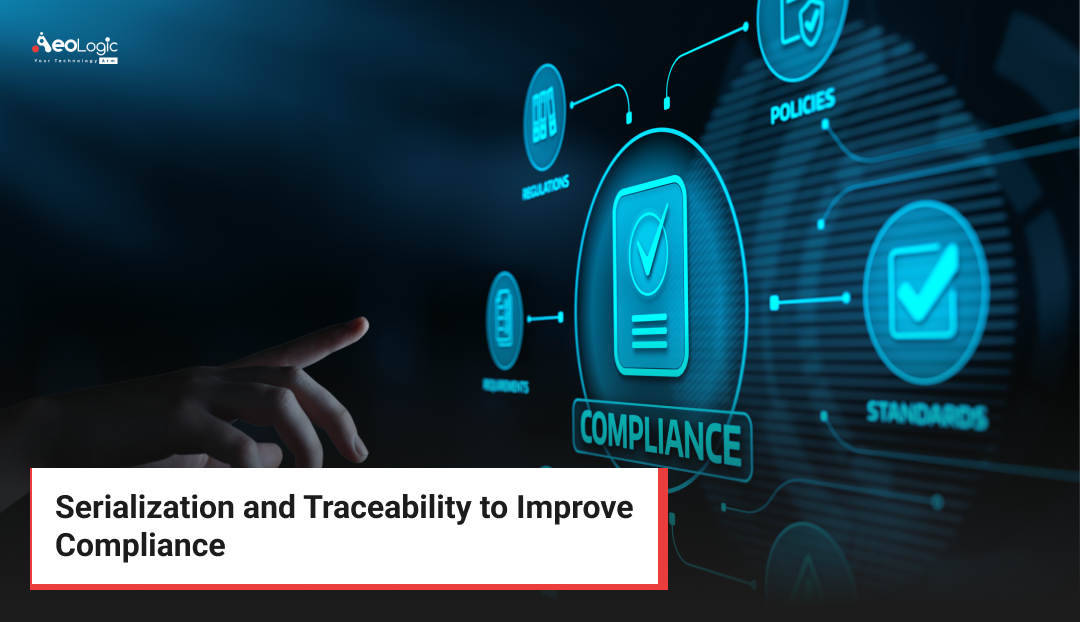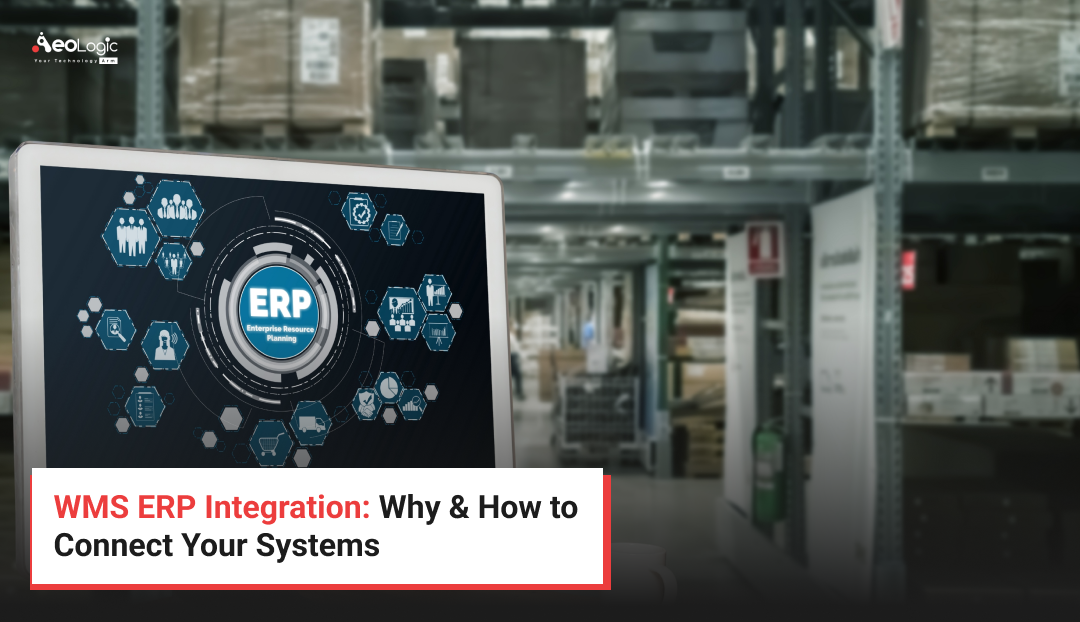In an era where environmental consciousness is becoming a core value for consumers and businesses alike, the retail industry is facing increasing pressure to adopt more sustainable practices. The integration of technology in retail has been transformative, but now it must also be a catalyst for environmental stewardship. Sustainable retail tech solutions are at the forefront of this movement, offering innovative ways to reduce environmental impact while enhancing operational efficiency. This blog explores how the sustainable retail tech solutions are paving the way for a greener future.
Also read: The Power of IoT in Retail to Optimize Your Business
Sustainable Retail Tech Solutions: Zero Waste
The sustainable retail tech solutions incorporates zero waste movement is at the forefront of sustainable retail design, emphasizing the need to minimize waste throughout the lifecycle of a product. Traditional retail practices often result in significant amounts of waste, from packaging materials to unsold inventory. However, companies committed to zero waste are pioneering a new paradigm.
- Recycled and Upcycled Materials: Many retailers are now designing their stores using recycled or upcycled materials. This not only reduces the demand for virgin resources but also promotes a circular economy where materials are reused rather than discarded. For example, some retail spaces are incorporating reclaimed wood, recycled metal, and repurposed glass into their interiors, turning waste into stylish design elements.
- Design for Disassembly: Another innovative approach within the zero waste policy is designing for disassembly. This involves creating retail fixtures and components that can be easily taken apart and repurposed or recycled at the end of their life cycle. Modular furniture and detachable shelving units are examples of how design can facilitate easier recycling and repurposing.
The Imperative for Sustainable Retail
Retail is a major contributor to global carbon emissions, resource depletion, and waste. From supply chain management to in-store operations and waste disposal, the environmental footprint of retail is substantial. According to a report by the Global Fashion Agenda, the fashion industry alone is responsible for 4-5% of global greenhouse gas emissions. As consumer awareness grows and regulatory pressures increase, retailers are compelled to adopt more sustainable retail tech solutions.
Energy-Efficient Technologies
Energy consumption is a significant aspect of retail operations. Implementing energy-efficient technologies can drastically reduce a store’s carbon footprint. Here are some key solutions:
- LED Lighting: Traditional lighting can account for a large portion of a store’s energy usage. Switching to LED lighting not only reduces energy consumption but also lowers maintenance costs due to its longer lifespan. Advanced systems with motion sensors and smart dimming capabilities can further enhance efficiency.
- Smart Thermostats and HVAC Systems: Modern thermostats and HVAC systems use AI and machine learning to optimize heating, ventilation, and air conditioning based on real-time data. These systems can adjust settings automatically to match store occupancy and external weather conditions, thereby reducing energy waste.
- Energy Management Systems (EMS): EMS solutions offer a comprehensive approach to energy efficiency. They collect data from various sources within the store, analyze energy usage patterns, and provide actionable insights to reduce consumption. By integrating these systems with renewable energy sources like solar panels, retailers can achieve even greater sustainability.
Sustainable Supply Chain Management
Supply chain management is a critical area where technology can drive sustainability. Transparent and efficient supply chains reduce waste and improve resource management.
- Blockchain Technology: Blockchain provides a transparent and immutable ledger for tracking products from production to sale. By implementing blockchain, retailers can ensure that products are sourced sustainably and verify claims of ethical practices. This technology enhances trust and accountability, allowing consumers to make informed choices.
- AI and Machine Learning: AI and machine learning algorithms optimize supply chain logistics by predicting demand, managing inventory, and reducing excess stock. These technologies minimize waste and prevent overproduction, which is crucial for reducing environmental impact.
- IoT (Internet of Things): IoT devices can monitor and manage supply chain processes in real-time. Sensors track product conditions during transportation, ensuring that goods are handled properly and reducing spoilage. IoT solutions also facilitate better management of resources and waste through real-time data collection and analysis.
Eco-Friendly Packaging Solutions
Packaging is another area where technology can make a significant difference in sustainable retail tech solutions. Traditional packaging materials contribute to waste and pollution, but innovative solutions are emerging:
- Biodegradable and Compostable Materials: Advances in material science have led to the development of packaging materials that break down naturally. Retailers can adopt biodegradable or compostable options to reduce landfill waste and environmental impact.
- Smart Packaging: Smart packaging incorporates technologies like QR codes and RFID solutions to provide consumers with information about a product’s environmental footprint and recycling instructions. This not only enhances transparency but also encourages consumers to make more sustainable choices.
- Packaging Optimization: Technologies that analyze and optimize packaging can reduce material usage and minimize waste. For instance, automated systems can design packaging that fits products perfectly, reducing the need for excess material and improving transportation efficiency.
Circular Economy and Waste Management
The circular economy focuses on extending the lifecycle of products and materials, thereby reducing waste. Retailers can leverage technology to support circular economy principles:
- Reverse Logistics: Technology-driven reverse logistics systems facilitate the return, recycling, or repurposing of products. Retailers can use these systems to manage returns efficiently, ensuring that products are reused or recycled rather than ending up in landfills.
- Product-as-a-Service Models: Instead of selling products outright, some retailers are adopting models where customers pay for access or use. This approach encourages product longevity and reduces waste, as products are maintained and refurbished rather than discarded.
- Waste Tracking and Analytics: Advanced waste tracking systems use IoT sensors and data analytics to monitor waste generation. By understanding waste patterns, retailers can implement targeted strategies to reduce waste, such as adjusting inventory practices or improving recycling programs.
Also read: The Impact of IoT on the Retail Business Today
Conclusion
Sustainable retail tech solutions are not just a trend but a necessity for a greener future. As the retail industry evolves, integrating energy-efficient technologies, optimizing supply chains, adopting eco-friendly packaging, supporting the circular economy, and engaging consumers through technology will be crucial. By embracing these innovations, retailers can significantly reduce their environmental impact and meet the growing demand for sustainability. The path to a greener future is paved with technology, and the retail sector is poised to lead the way in creating a more sustainable world.







